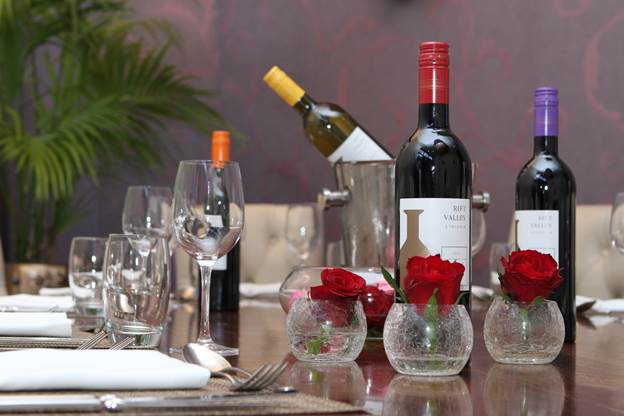On 25 June 2015, the European Council for Tourism and Trade (ECTT) based in Romania, unanimously selected Ethiopia as the World Best Tourist Destination for 2015 and favorite cultural destination for 2015. Among several countries, Ethiopia has obtained the award in recognition for its tourism potential, acumen reform of tourism industry and indelible cultural and historical patrimony. Similarly, the Council nominated Prime Minister Hailemariam Desalegn with the Academician-Honorary Member of European Tourism Academy award, for his determined leadership role in promoting tourism as a tool for economic development of Ethiopia.
As per the press release of the Council, the recognition was awarded after a report entitled “Ethiopia: the perfect cultural destination; the land chosen by God!” was presented by Prof. Dr. Anton Caragea, President of the Council. The report describes the successful efforts of Ethiopia in becoming a major tourist destination, through “the excellent preservation of humanity landmarks”, such as the ruins of the city of Aksum, Fasil Ghebbi, Harar Jugol, Lalibela, Konso Cultural Landscape, the Lower Valley of the Awash, the Lower Valley of the Omo, registered as UNESCO World heritage monuments. It has also been indicated that sites such as the Sheik Hussein religious, cultural and historical site, Melka Kunture Paleolithic site, Gedeo Cultural and Natural Landscape, Bale Mountains National Park and the Sof Omar Cave are prominent tourism landmarks of Ethiopia.
Prof. Dr. Anton Caragea further stated that the Government of the Federal Democratic Republic of Ethiopia, recognizing the importance of tourism as a key facilitator for development, created an exemplary institution known as Tourism Transformation Council to properly handle the promotion and management of Ethiopian tourism.
Established in 2006 and based in Bucharest (Romania), the European Council on Tourism and Trade is a leading world and regional tourism organization, representing a market of 800 million customers from all around Europe with members and delegations in 28 countries. As a driving force in the international promotion of tourism, it is selecting the world leaders and countries to become a part of the structure and to raise a unified voice and position on the global tourism agenda. Ethiopia is the eighth country to be nominated by the Council. The Council awarded Turkey in 2007, Syria in 2008, UAE in 2009, South Korea in 2010, UAE in 2011, Trinidad and Tobago in 2012, Laos in 2013, and Zimbabwe in 2014. Its motto is “Offering to European Union tourists special destinations, safe trips, advises and knowledge. Offering fair trade and fair tourism guarantees.”
The awarding ceremony will be held in the presence of Prime Minister Hailemariam Desalegn and several dignitaries on 10 July 2015 at the National Palace followed by a colorful cultural music show. The Delegation, led by the President of the Council, is also expected to visit the Cultural and historical tourism destinations of Ethiopia as part of a familiarization trip.
The award is expected to promote Ethiopia’s tourism destination on the European stage and enhance the government’s effort of lifting up the country to the top five tourist destination in Africa. In the Second Growth and Transformation Plan (GTP), the government aspires to collect USD 6 billion from 2 million tourists. In the performance of the first GTP, the number of influxing tourists was 770,000 and USD 2.9 billion revenue has been generated.
Copyrights: © Embassy of Ethiopia, Brussels & European Council on Tourism and Trade
 Ethiopia is known for its rich cultural heritage steeped in century’s old history and mystical legends. But very few know of a long-held wine-making tradition in Ethiopia. The wine-making tradition has over the last few years been gaining much traction and is now a gradually expanding industry that is meant to place Ethiopia firmly onto the wine-making countries list.
Ethiopia is known for its rich cultural heritage steeped in century’s old history and mystical legends. But very few know of a long-held wine-making tradition in Ethiopia. The wine-making tradition has over the last few years been gaining much traction and is now a gradually expanding industry that is meant to place Ethiopia firmly onto the wine-making countries list.